In this context I as a teacher alway try my best to design those effective and thinking provoking activities through which my students can bring out their creative coat and at the same time can develop new skills. Speaking of my recent weaving, the children would love love the weaving project using colorful wool and twigs I assigned them. Allow me to guide you through this wonderful journey and show you how you can adapt it to a learning environment I am talking about a supermarket.
The Inspiration Behind the Weaving Project
Weavings is a craft that has been practice for centuries in order to make various textile materials. My desire was to let my students get to know this kind of art and at the same time being an admirer of natural scenery. In addition to using natural materials, we asked the children to use twigs as a base for our wall hangings and talk about sustainability and things like twigs that can be found in nature.
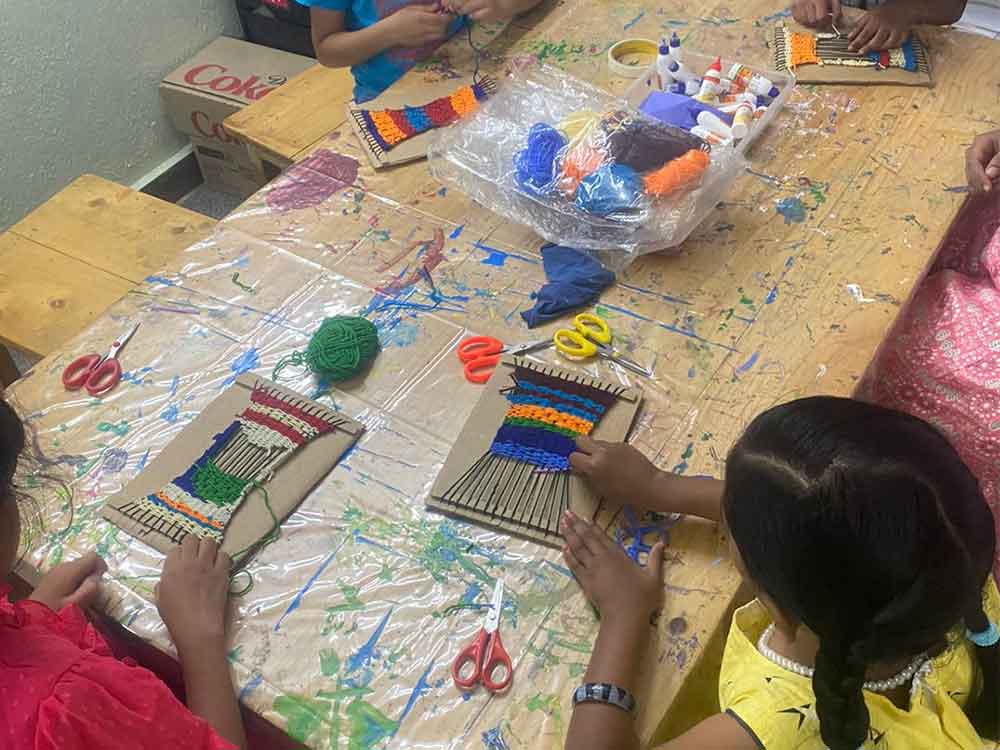
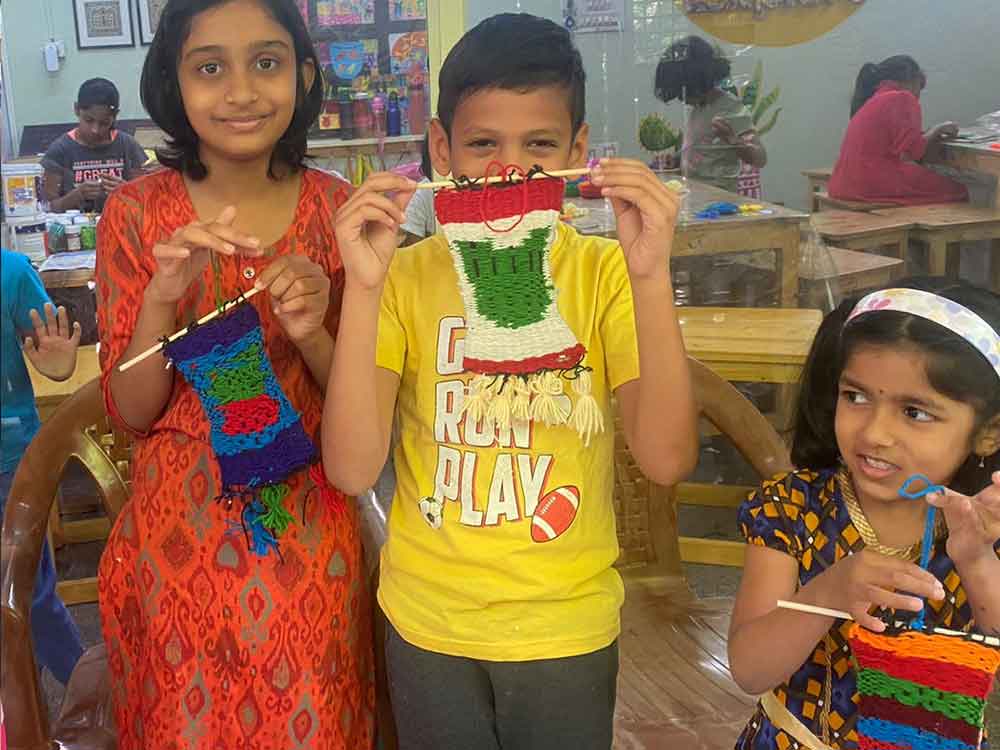
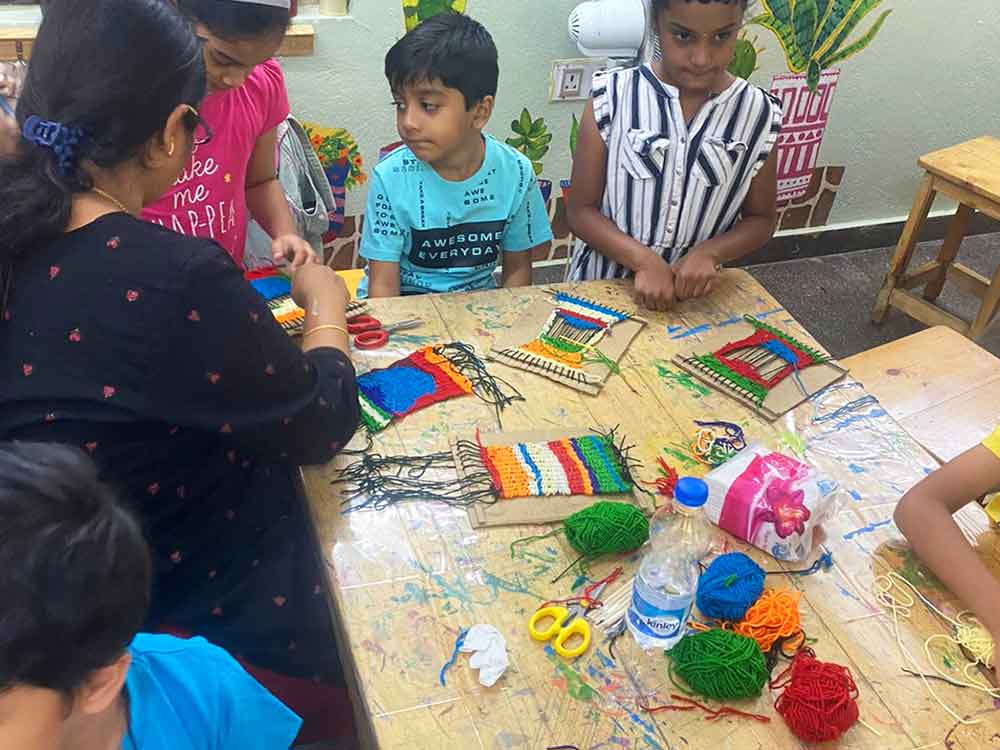
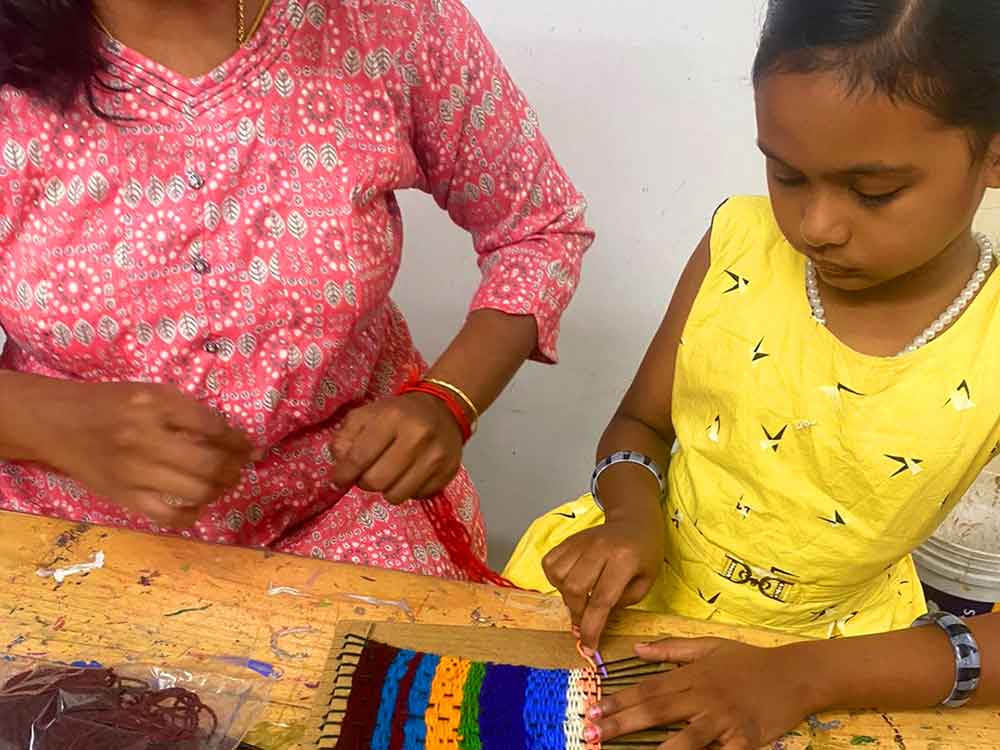
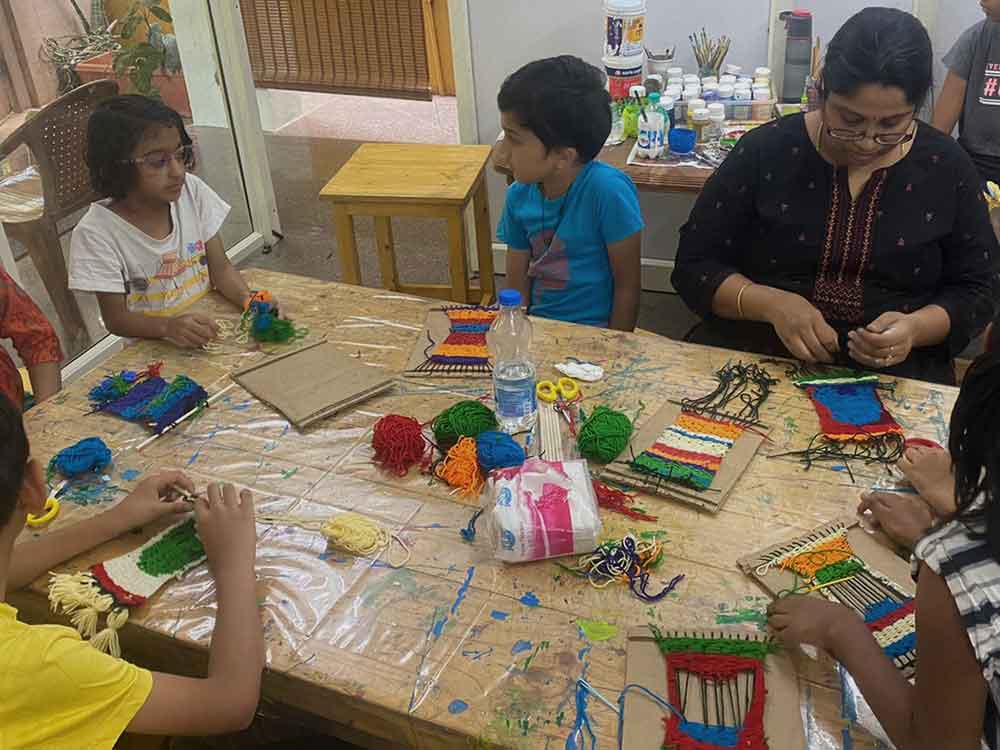
Collecting Resources for The Given Class Exercise
To kick off our weaving adventure, we gathered the following materials:
- Colorful Wool: Many colors to stir up people’s imagination.
- Twigs:
Long and strong slender branches, of dimensions between twelve to eighteen inches, for the framework of the loom. - Scissors: For slicing wool to correct sizes.
- Tape or Glue: For the wool to be securely in placed at the ends.
- Beads or Natural Elements (optional): For added decoration.
Setting Up the Activity
Step 1: Preparing the Loom
First, we went to pick twigs from our school compound so that children felt they were close to nature. Each student was given a twig that he or she chose on his own. To show how it was made, I showed how a simple loom can be made with the twig by tying pieces of wool sideway across the twig with spaces in between where the other color would be weaved in.
Step 2: Choosing Colors
After that I motivated the students to pick their favourite colours of wool. This was a great time for them to flaunt what they like and who they are. While choosing our colors, we talked about how different hue might affect participants’ mood and the perception of an artwork.
Step 3: Weaving Techniques
Having set up the loom floor and the color preferences in place, I proceeded to explain basic weaving to the students. The students understood how to go over and under the strands that were up and down and weave the wool as a pattern. I moved around class, giving some instructions and morale boost whenever the students were trying new designs.
The Creative Process
I observed concern and concentration on the students as they sited their pieces together. They were fully involved, immersed in the working pace. While some children made designs in the form of sharp geometric shapes, others made designs in a natural free flowing style. Creativity in this case was therefore diverse which made each wall hanging a special one.
Incorporating Storytelling
For example, in order to improve the impression, I suggested to the students to tell me a story or topic behind the concept. Some chose color.Lastly, some used preferred season colors and bead memories by other individuals. This made the project much more meaningful to them as individuals since they were giving it both a personal and a more profound complexity.
